A vital component of any geoscience education, in my opinion, is the gaining of practical experience in the laboratory and especially in the field, where students can re-discover for themselves the fundamental properties of Earth’s building blocks and, even more importantly, the process of that discovery. As a student, I spent several terms as a laboratory teaching assistant for introductory geology and paleontology courses. As a guest lecturer for Yale paleontology, sedimentology and biogeochemistry seminar courses, I have integrated rock and fossil specimens into my lectures. As a co-instructor for Yale’s History of Life course, I re-implemented laboratory activities into the course curriculum. As a supervisor of undergraduate and graduate student research and field trip leader, I have enjoyed bringing students into the field—from the Great Basin, Death Valley, Rocky Mountain and Appalachian Basin regions of the USA to Canada, Australia, Spain, China and the Bahamas.
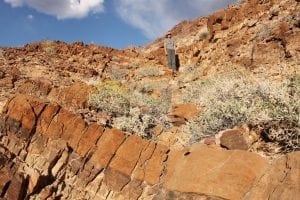
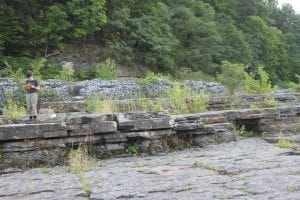
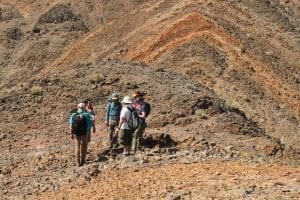
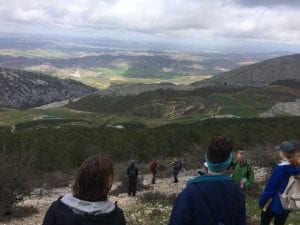
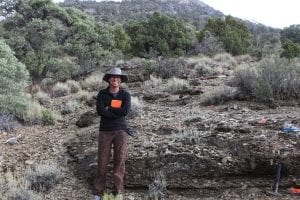
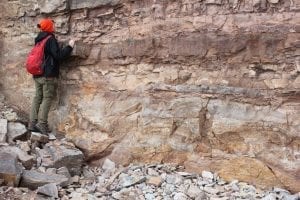
Critical writing, as the natural application of critical thought and discussion, is not only an important means of assessing student understanding but also an essential prerequisite to successful communication across all disciplines, both scientific and non-scientific. The ability to communicate the topic and relevance of one’s work clearly and logically, in a manner intelligible to either a layperson or a fellow expert, is one of the most important skills a scientist can possess. As a graduate student I spent a formative term as an intern at my university’s Office of Strategic Communications. As a postdoc I have worked closely with Yale’s Office of Public Affairs and Communications, as well as with journalists to produce press releases and news pieces accurately and accessibly communicating my research findings to the public.
Selected news coverage:
https://news.yale.edu/2018/08/01/ancient-sea-sediments-speak-no-big-bang-burrowers
https://news.yale.edu/2016/10/06/cementing-theory-about-sea-creatures-ediacara-biota
https://news.yale.edu/2015/09/28/ancient-dirt-churners-took-their-time-stirring-ocean-floor
http://www.sciencemag.org/news/2016/10/how-earth-s-oldest-animals-were-fossilized